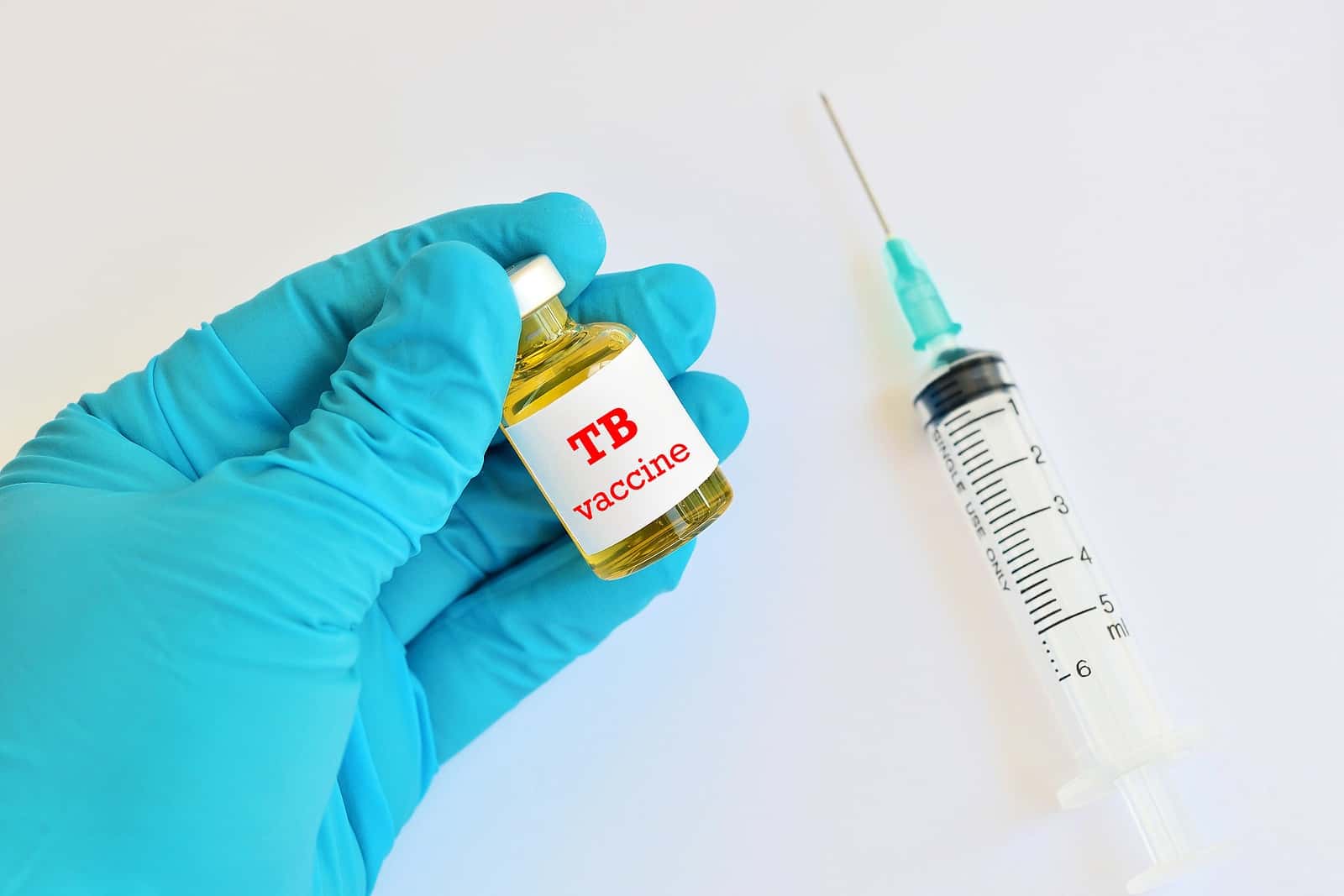
Tuberculosis is a serious public health problem internationally, but most Americans have nearly forgotten about it. This respiratory tract infection was a scourge in the 19th and early 20th centuries. By the end of the century, however, antibiotic treatment, improved housing and sanitation and other measures had largely brought it under control in the US. Worldwide, the infection is still a leading cause of death. The pathogen, Mycobacterium tuberculosis, has developed resistance to many of the medications that have been used to treat it.
Tuberculosis Cases in Kansas:
A recent outbreak in Kansas, near Kansas City, is one of the largest in the state’s history. Approximately 70 people are being treated for active tuberculosis. Latent infections, which do not cause symptoms, are more common. Kansas public health officials estimate that more than 200 people in the metropolitan Kansas City area harbor latent TB infections.
TB is easy to catch and hard to treat. Like other respiratory infections, the Mycobacterium tuberculosis germ spreads through the air. It can remain airborne for several hours. People with active infections may need to take specialized antibiotics for up to 9 months depending upon the exact strain they have contracted.
Multi-drug resistant (MDR) strains of TB may require treatment for up to two years. Healthcare providers in the United States rarely use BCG to vaccinate people against tuberculosis called, although it can be effective. We hope that public health authorities in Kansas will be able to marshal the necessary resources to bring this outbreak under control.
Do You Need to Treat Latent Tuberculosis?
You might not even know you had a latent infection unless you got a test. If a skin test (TST) or a blood test (IGRA) reveals the presence of M. tuberculosis bacteria in your body, public health authorities recommend treatment. Usually the regimen is shorter and possibly simpler than that for an active TB infection, lasting 3 months rather than 9. The reason to treat it is that changes in your immune system could allow the bacteria to slip from latent to active, posing a risk to you and the people you hang out with.

